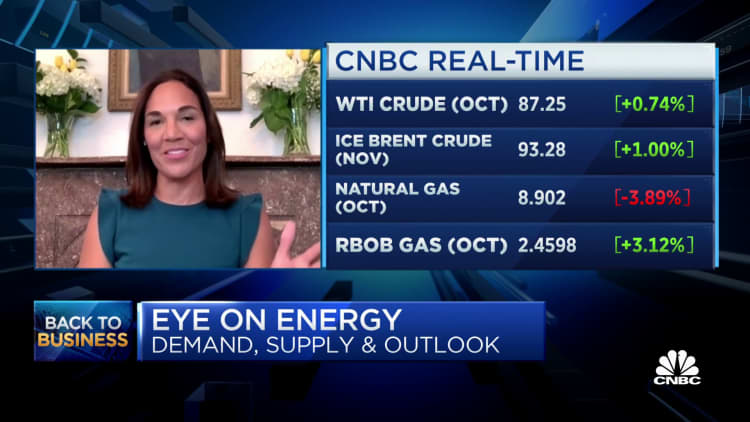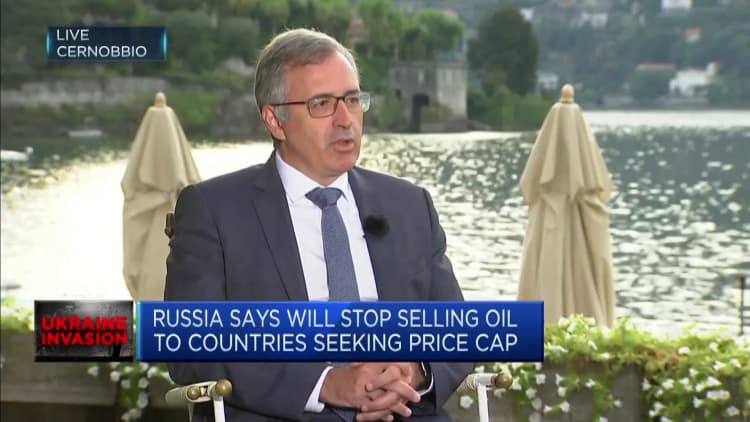
The head of the International Atomic Energy Agency, Rafael Grossi, says the team of inspectors at the Russian-occupied Zaporizhzhia nuclear power plant in Ukraine will stay at the facility.
“We are not going anywhere,” Grossi told reporters. “The IAEA is now there, it is at the plant and it is not moving. It is going to stay there.”
Meanwhile, Russian Foreign Minister Sergey Lavrov warned Moldova that any threat against the security of Russian forces in the breakaway region of Transnistria would be considered an attack against Moscow.
His comments have renewed fears that the region could be at risk of being drawn into the Russia-Ukraine conflict.



Comments